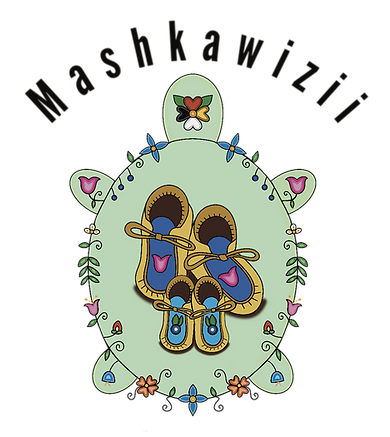
Our Mission
MCAC is committed to using a multi-disciplinary team approach to assist children who are victims of physical or sexual abuse, or who have witnessed acts of violence. The multidisciplinary approach facilitates identification, investigation, prosecution and treatment of child abuse. All services will be provided in a supportive environment by individuals trained in best practices to optimize positive outcomes and reduce trauma.
Who do we serve?


Currently, Mashkawizii CAC serves children and their families who are impacted by abuse, of Chippewa, Luce, and Mackinac counties. We are proud to have the opportunity to serve our neighboring counties.


About Us
Mashkawizii CAC provides a safe and supportive environment for children who have experienced abuse and/or neglect. To reflect the heritage of our community, we have adopted the Ojibwe name of Mashkawizii for this new addition to the community. Our name pays homage to the inner strength and resilience of survivors. Previously, the nearest Child Advocacy Center (CAC) was located in Escanaba– a three-hour commute from our location. By offering these services closer to home, we aim to provide timely support to victims in need. MCAC is the first tribally operated CAC in the state of Michigan.


Vision
Reaching Healing and Justice with the Children of the Eastern Upper Peninsula

At Mashkawizii Child Advocacy Center, the turtle isn’t just our logo—it’s a powerful symbol rooted in the teachings of the Ojibwe/Anishinaabe people. In our creation story, the turtle carries the Earth on its back after a great flood, giving life a chance to begin again. In our teachings, the turtle represents Debwewin—Truth.
Truth means walking your path with sincerity, knowing who you are, and honoring your role in this life. Every day, we carry the truth of the children and families we serve. We protect it. We believe it. We act on it.
Just like the small but brave muskrat who dove deep and brought back the Earth, children who share their stories with us show extraordinary courage. And like the turtle, we move with care and patience—helping them heal, grow, and build a new beginning.
At MCAC, we carry truth and honor courage. Always.

